Estimated reading time: 4 minutes

In the competitive landscape of modern business, customer loyalty stands as a cornerstone of long-term success.
The notion of loyalty extends beyond mere repeat purchases – it includes the power of relationships, the strength of service, the brand experience, and a value proposition that comes in various forms. For businesses aiming to thrive in today’s market, fostering and maintaining customer loyalty is paramount.
According to Gartner, non-cash rewards create deeper and more lasting customer loyalty, and driver higher customer lifetime value and retention.
Let’s talk about why customer loyalty is important for business growth.
Revenue Stability and Growth
One of the primary reasons customer loyalty is crucial lies in its direct correlation with revenue stability and growth. Loyal customers tend to make repeat purchases, providing a steady stream of income. According to a study by Bain & Company, increasing customer retention rates by just 5% can boost profits by 25% to 95%. This is because retaining existing customers is significantly more cost-effective than acquiring new ones. Marketing Metrics further supports this by revealing that the probability of selling to an existing customer is 60-70%, compared to a mere 5-20% for a new prospect.
Moreover, loyal customers are less price-sensitive, and more inclined to trust the quality and value offered by a brand they already have a relationship with. This leads to increased average transaction values and, consequently, higher overall revenue.
In essence, a loyal customer base acts as a financial anchor, providing businesses with a reliable income that can buffer economic downturns and market fluctuations.
Cost Efficiency in Marketing
Customer loyalty also translates into cost efficiency in marketing efforts. Acquiring new customers involves substantial investments in marketing, promotions, and sales strategies. In contrast, marketing to existing customers is considerably cheaper. Loyal customers require less persuasion and are more responsive to marketing communications. They are already familiar with the brand, reducing the need for extensive and costly campaigns to build awareness and trust.
Additionally, loyal customers serve as brand advocates, effectively becoming a part of the marketing team. Word-of-mouth referrals from satisfied customers are incredibly potent, as they carry a level of authenticity and trust that traditional marketing struggles to match. Nielsen’s research indicates that 92% of consumers trust recommendations from friends and family more than any other form of marketing. This organic promotion not only reduces marketing costs but also attracts high-quality leads who are more likely to convert into loyal customers themselves.
Sustainable Competitive Advantage
In our recent three-part blog series on loyalty, we wrote that many B2B companies see no difference between suppliers because they see little difference in the products. Too often companies fail to communicate an advantage.
The rise of digital buying has led to a steep decline in direct interactions with sales teams, further compounding the problem and limiting the opportunity to communicate your value proposition. And B2B International reports that the average proportion of b2b markets that prioritize price over all other decision drivers is only 20%.
If product and price aren’t the differentiator … and your people aren’t the differentiator … then what is?
The answer: loyalty. Loyalty programs that increase the value of the purchase, and customer reviews and advocacy that give your product or service a leg up on the non-endorsed competition.
Loyalty in Many Forms
No two business customers are alike, and no two loyalty programs should be alike, either.
Identify your highest potential value customers Those are not just the customers who spend the most today, but, those who can best grow their spend with you through programs that capture more of their market share. And then determine what makes them focus more on your brands than your competition’s brands. Is it a travel program, where you can reward their loyalty and at the same time, spend time with them in a unique setting that allows you to build an even stronger relationship? Or a points program, that shows them the increasing value of their spend? Or, maybe it’s a simple thank-you strategy that gives gift cards that can instantly be redeemed for their next family dinner, or a premium merchandise item that serves as a constant reminder of your appreciation.

Why Next Level?
Loyalty programs can be complex, but a proven third-party provider can offer great value. Partners can save time and money on development, maintenance, and updates, provide best practices, insights, and support from experts, and leverage an established network of partnerships to deliver maximum value for your customer and channel loyalty program. Contact us today to schedule a demo of our loyalty program solutions.
Read our latest insights
- Five Things to Keep in Mind When Crafting Your Employee Recognition Communications Plan
- Open Position: Sourcing Specialist
- Gen Z in the Workplace: How to Motivate and Engage the Next Generation
- Why Non-Cash Rewards Are More Effective Than Cash
- Making the Case: Incentive Travel is a Must-Have in Your Sales Strategy



